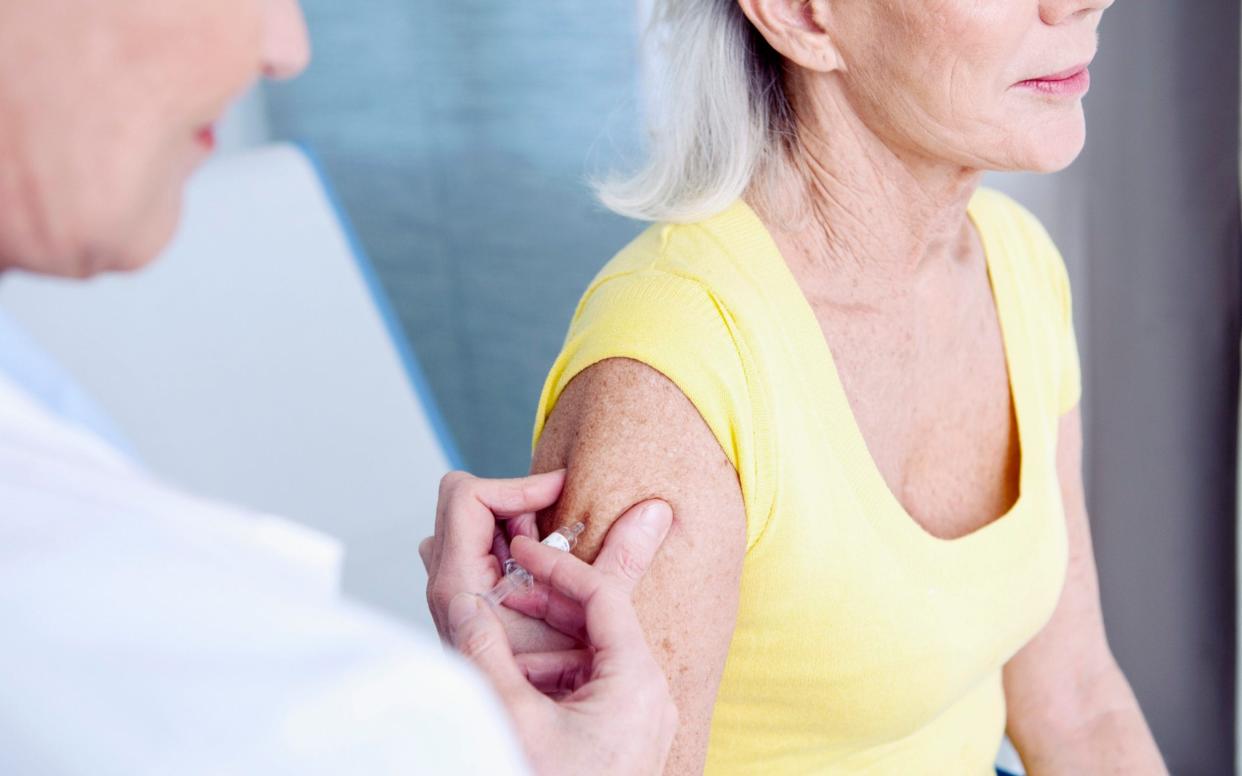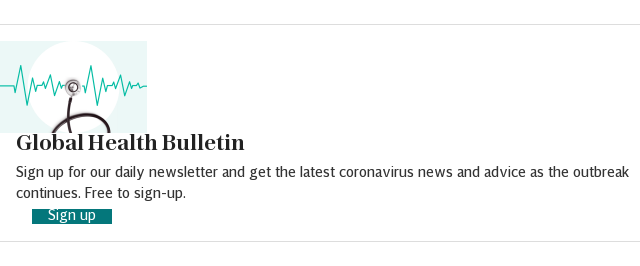How France - home of the enlightenment - became the vaccine sceptic capital of the world

People in France are more sceptical of vaccines and the benefits of science than in any other country in the world, according to a major new study on attitudes to science and health.
In a survey of 140 countries – the largest to date – the Wellcome Trust and Gallup found that richer countries are considerably less likely to trust vaccines than people in developing ones.
But the biggest surprise was France, home of the enlightenment or the “Age of Reason”.
The survey found that a third of people in France do not believe that vaccines are safe, while 55 per cent now see science and technology as a threat to their employment prospects rather than a wealth creator.
The data helps to explain the 426 per cent increase in measles infections in France last year, when nearly 3,000 cases were recorded.
Growing scepticism over vaccines has become a major issue for public health officials, with the World Health Organization listing “vaccine hesitancy” in its list of top ten global health threats for the first time this year.

Researchers have struggled to explain why the problem tends to be worse in developed countries, where educational levels are higher and people are generally better informed.
Some are now turning to the Dunning-Kruger effect – a behavioural trait in which people with a small amount of information often feel much more confident than they should in their own judgement – to explain the phenomenon.
The report found that younger people have more access to information and are more confident in their views, said Professor Heidi Larson, director of the Vaccine Confidence Project at the London School of Tropical Medicine and Hygiene.
“But we see the absolute opposite in terms of global confidence in vaccines - it’s that exact same cohort that's the most sceptical,” she said.
Pockets of doubt are often fueled by anti-vax messages spreading online, particularly on social media where myths and conspiracy theories are rife.
“Social media is highly volatile and it has totally changed the landscape,” said Professor Larson. “It doesn't take much to disrupt herd immunity, it really only takes a concentrated, small group of dissenters.”
Across the globe, 79 per cent of people agree that vaccines are safe and 84 per cent said they thought they were effective, the report found.

While Rwanda and Bangladesh had the most confidence in vaccines, high income countries were far more sceptical.
“Vaccines are one of our most powerful public health tools,” said Jeremy Farrar, director of the Wellcome Trust. “We need people to have confidence in them if they are to be most effective.”
In Northern Europe just 73 per cent of people agreed that vaccines were safe – though the UK, included in this group, was slightly above average at 75 per cent.
But this figure drops dramatically to 50 per cent in Eastern Europe and 59 per cent in Western Europe – which includes France, the most sceptical country in the world.
Some 33 per cent of French people disagreed that vaccines are safe, while 20 per cent said they were not effective and 10 per cent thought it was not important for children to receive vaccinations.
Just 21 per cent of people in France had high trust in scientists, compared to 35 per cent in the UK, and it is the only country in the world where more than half of the population believe that science and technology will reduce the number of jobs available within the next five years.
Professor Larson said the country has seen a “cumulative breakdown” of trust in health officials, which has contributed to outbreaks of infectious illness.

Much of this scepticism can be traced back to the 1990s, when a scandal over a blood bank tainted by HIV eroded confidence in public health. A series of coincidental links between vaccines and psychosomatic issues or multiple sclerosis followed and heightened anxieties.
But the “tipping point” was in 2009, when people felt that the French government had massively overbought flu pandemic vaccines.
“The public thought that the WHO highly inflated the scare, and they felt that the government was in bed with industry and creating unnecessary panic,” said Professor Larson.
But she added that France has seen improvements since 2016, when the Vaccine Confidence Index found that some 40 per cent of people disagreed that vaccines were safe.
Just last year, the French government followed Italy and expanded a policy which legally requires parents to vaccinate their children. Eight childhood vaccines have been added to the list of three which were already mandatory and experts say the tough stance has helped dispel doubts.

“Fake news about vaccination is a global issue,” said Prof Alain Fischer, child immunology and leading vaccination expert in France. “But in France, our health authorities and government remained silent for 20 to 30 years, so anyone looking on the internet was misinformed.”
“Maybe it’s counter-intuitive, especially for UK culture, but wider compulsory vaccination appears to have been received by many parents as a signal that it was important.
“GPs and paediatricians tell me that it is easier for them to propose vaccinations than it was two years ago. It’s not perfect, it’s fragile but it is getting better,” he added.
But experts have also cited “complacency” as part of the problem across high income countries.
“In developing countries, where deadly diseases like diphtheria, measles or whooping cough are more common, I've seen mothers queue for hours to make sure their child is vaccinated,” said Dr Seth Berkley, CEO of Gavi, the Vaccine Alliance.
“It is in wealthier countries, where we no longer see the terrible impact these preventable diseases can have, that people are more reticent. This reticence is a luxury we can ill afford,” he added.
Protect yourself and your family by learning more about Global Health Security

 Yahoo News
Yahoo News 
